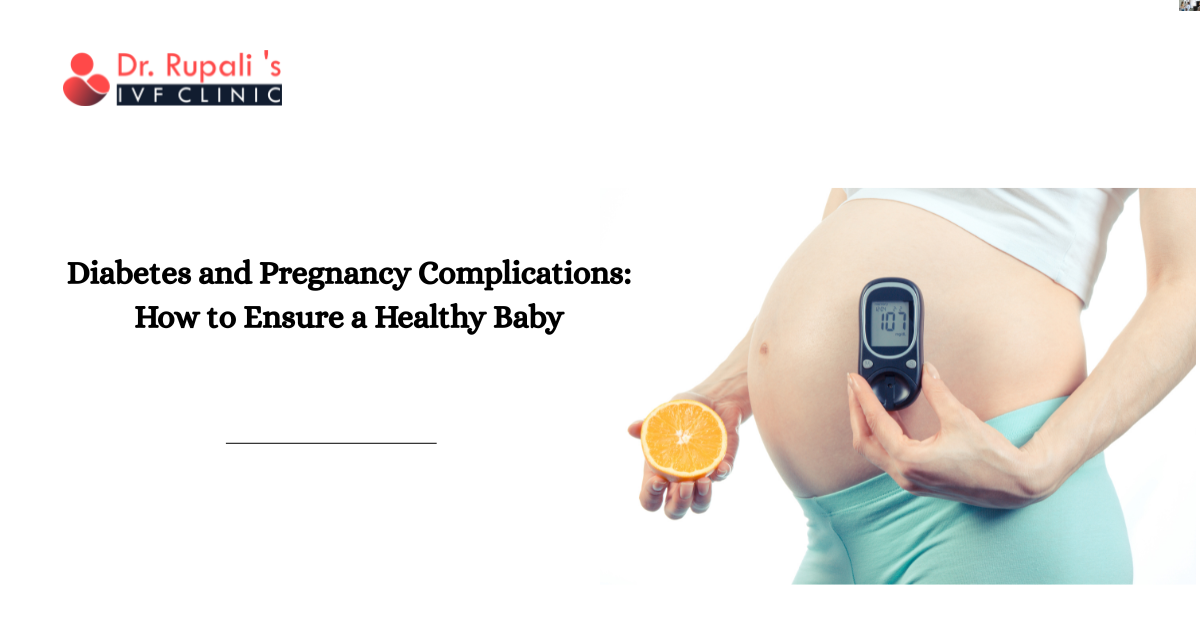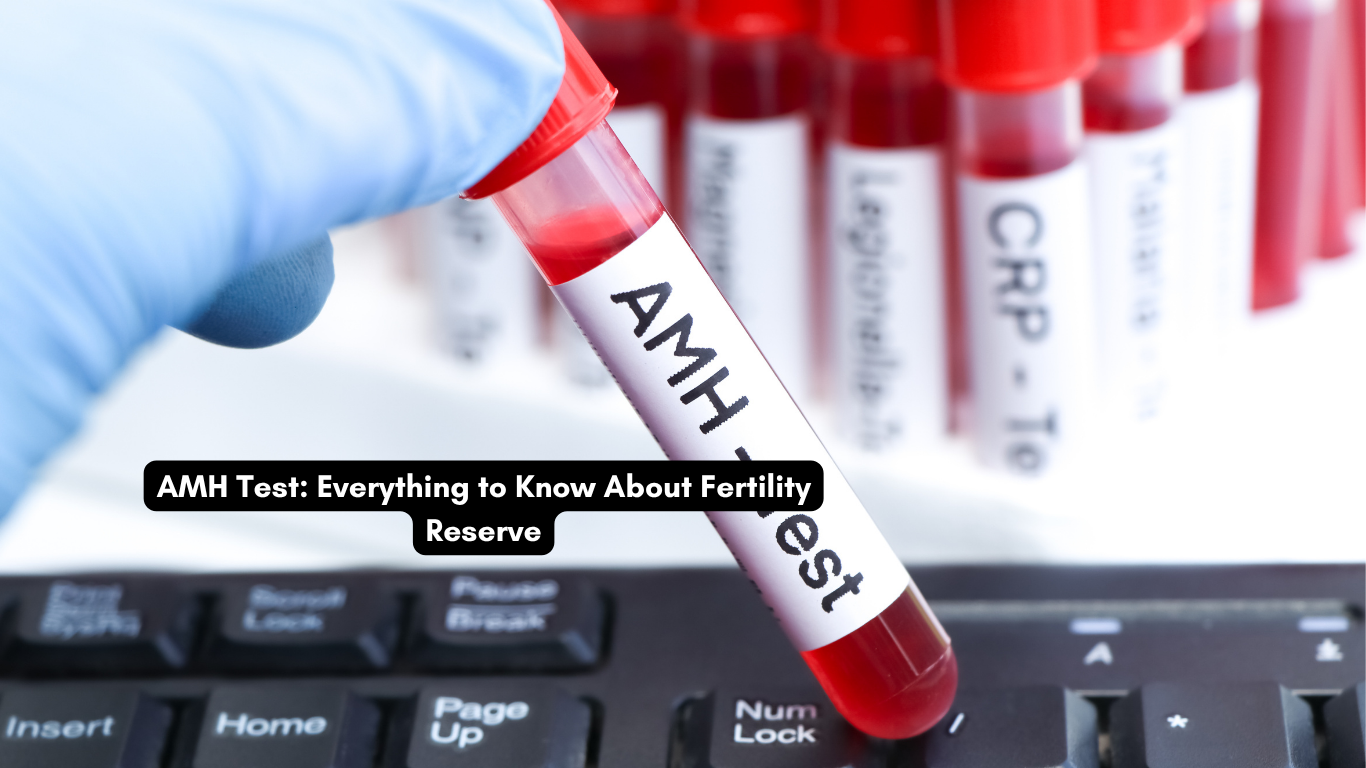
Introduction
Ever wondered what your chances are of conceiving through IVF? That’s where an IVF calculator comes in — your digital companion that estimates your likelihood of success before you even start treatment. Think of it as a compass that helps guide your IVF journey in the right direction.
This blog breaks down everything about IVF calculators in simple terms — what they are, how they work, what factors affect their accuracy, and how consulting the best IVF doctor in New Delhi can help improve your chances of pregnancy.
1. What is an IVF Calculator?
An IVF calculator is an online tool designed to estimate your chances of getting pregnant through in-vitro fertilization. It uses your age, medical history, and fertility factors to provide a probability percentage — for example, “You have a 45% chance of conception.”
It’s not magic or guesswork; it’s based on clinical data and research. However, while these tools give useful insights, your real success depends on personalized medical assessment by fertility experts.
2. How Does an IVF Calculator Work?
The IVF calculator processes your inputs like age, number of previous IVF attempts, AMH levels, sperm quality, and other fertility parameters. It then applies predictive algorithms derived from large fertility databases.
It’s similar to a weather forecast — it predicts based on trends and data, but the final outcome can still vary.
3. Key Factors IVF Calculators Consider
Here are the most common factors included in IVF success calculations:
Female age
AMH (Anti-Müllerian Hormone) levels
Previous IVF cycles
Sperm count and motility
Lifestyle habits (smoking, weight, alcohol)
Uterine health
Cause of infertility
Each factor plays a different role, influencing the calculator’s prediction accuracy.
4. Importance of Age in IVF Success
Age is the most significant factor in IVF success prediction. Women under 35 usually have higher chances of success, while rates drop after 40 due to declining egg quality.
For example:
Under 35: ~45–50% success rate per cycle
35–40: ~30–35%
Over 40: ~10–15%
If you’re planning IVF at an older age, consulting the best IVF doctor in New Delhi can help optimize your treatment strategy.
5. Role of AMH Levels and Ovarian Reserve
Your AMH levels reveal your ovarian reserve — or simply put, how many eggs you still have. Low AMH doesn’t mean no chance of success, but it may require a customized IVF protocol.
Think of AMH as the “fuel gauge” of your fertility — the more reserve you have, the smoother your IVF journey can be.
6. How Male Factors Influence IVF Success
It takes two to make a baby. Male fertility factors like sperm count, motility, and morphology also affect the calculator’s results.
Poor sperm quality may reduce success rates but can be managed using advanced techniques like ICSI (Intracytoplasmic Sperm Injection) — a method where a single sperm is directly injected into the egg for fertilization.
7. Why Lifestyle Choices Matter in IVF
Lifestyle factors can significantly impact IVF success predictions. These include:
Smoking: Lowers egg and sperm quality
Obesity: Affects hormonal balance and implantation
Alcohol: Disrupts reproductive hormones
Stress: Impacts ovulation and sperm health
Even the best IVF calculator can’t measure these lifestyle effects perfectly, but adopting healthy habits can improve your real-life success rate.
8. IVF Calculator vs Real-life Results
It’s important to remember that an IVF calculator offers estimates, not guarantees. Real outcomes can differ due to biological and procedural variations.
Just like a map can’t predict road traffic, an IVF calculator can’t account for all the unique medical nuances your doctor can assess.
9. Can IVF Calculators Predict Twin Pregnancy?
Some calculators include the number of embryos transferred as a factor to estimate twin pregnancy chances. However, doctors today recommend transferring fewer embryos to reduce the risks associated with multiple pregnancies.
Consult the best IVF doctor in New Delhi to decide how many embryos should be transferred for safe and successful implantation.
10. How to Use an IVF Calculator Effectively
Here’s how to make the most of an IVF calculator:
Collect your medical details – Age, AMH, BMI, past IVF attempts.
Use a trusted calculator – Choose those from reputed fertility clinics or medical websites.
Compare results cautiously – Use them as guidance, not absolute truth.
Discuss results with your doctor – They’ll interpret data specific to your case.
11. Benefits of Using an IVF Calculator Before Treatment
Using an IVF calculator helps you:
Set realistic expectations
Understand key fertility factors
Prepare emotionally and financially
Discuss better with your IVF specialist
It empowers you with knowledge — making your IVF journey more informed and confident.
12. Common Misconceptions About IVF Calculators
Myth 1: IVF calculators guarantee pregnancy.
Truth: They only predict probability based on averages.
Myth 2: High score means instant success.
Truth: Real success depends on clinical and procedural expertise.
Myth 3: You don’t need a doctor if you have an IVF calculator.
Truth: A calculator complements, not replaces, professional consultation.
13. When to Consult the Best IVF Doctor in New Delhi
If your IVF calculator shows low chances, don’t lose hope. This is precisely when expert intervention matters most.
The best IVF doctor in New Delhi can evaluate your hormonal profile, lifestyle, and reproductive health to tailor a treatment plan that improves your odds — often beyond what the calculator predicts.
14. Personalized IVF Success Plans with Experts
Leading IVF specialists combine calculator data with diagnostic tests like:
Hysteroscopy (to check uterine health)
Genetic testing of embryos (PGT)
Sperm DNA fragmentation analysis
Such detailed evaluations help personalize IVF protocols, increasing success rates and ensuring a safer pregnancy journey.
15. Conclusion: Use Data, But Trust Your Doctor Too
An IVF calculator is a powerful starting point, helping couples get a realistic picture of their conception chances. But remember — it’s only one piece of the puzzle.
Your fertility journey is unique. Real success comes when advanced tools meet expert care. So, while calculators can guide, your final path to parenthood should always be led by an experienced specialist like the best IVF doctor in New Delhi.
FAQs on IVF Calculator
1. How accurate is an IVF calculator?
An IVF calculator provides an estimated success percentage based on clinical data. It’s a useful guide but not a guarantee of actual results.
2. Do I need medical reports to use an IVF calculator?
Yes, for more accurate results, enter details like your age, AMH levels, BMI, and sperm parameters.
3. Can an IVF calculator predict multiple pregnancies?
It can estimate twin pregnancy chances based on the number of embryos transferred, but actual results depend on medical factors.
4. Are IVF calculators free to use?
Most online IVF calculators are free and available on trusted fertility websites or hospital portals.
5. Who is the best IVF doctor in New Delhi for personalized treatment?
New Delhi has several reputed fertility specialists. Consulting the best IVF doctor in New Delhi ensures individualized assessment and improved IVF success rates.









Write a comment ...